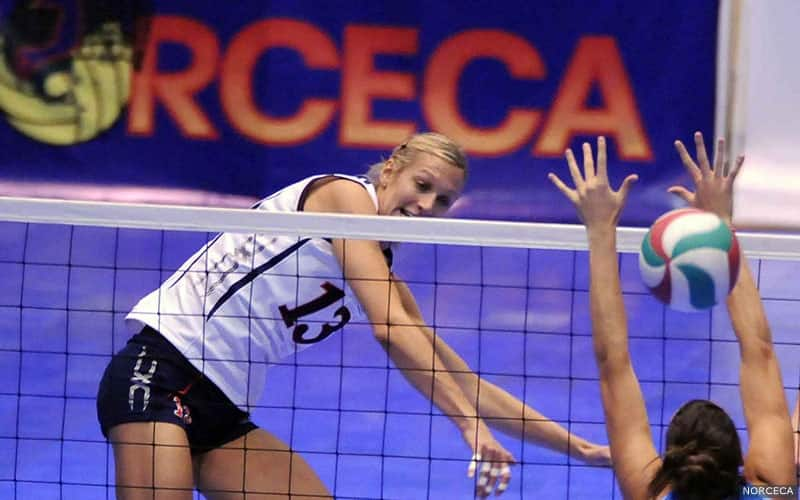
Guide To Being a Great Captain
Two-time Olympian Christa Dietzen shares advice for current or future team captains.
Resources for
Follow USAVolleyball
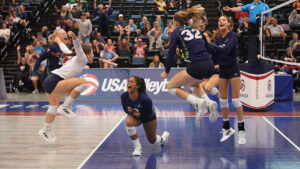 USA Volleyball Education is focused on improving developmental and educational opportunities across the sport of volleyball from grassroots to the national team level. Our goal is to provide the opportunity to access, complete and apply high-quality information and methods in the technical, tactical, physical and emotional aspects of the game for athletes and coaches while providing training, support and resources for other key stakeholders including officials, parents and clubs.
USA Volleyball Education is focused on improving developmental and educational opportunities across the sport of volleyball from grassroots to the national team level. Our goal is to provide the opportunity to access, complete and apply high-quality information and methods in the technical, tactical, physical and emotional aspects of the game for athletes and coaches while providing training, support and resources for other key stakeholders including officials, parents and clubs.
For years, the focus of volleyball in many areas and across various levels shifted to a mindset of winning at all costs.
What we now know is that the most successful teams in the world have developed a model of training and a culture that supports a holistic approach to athlete development which not only sets them up for competitive success on the court, but values and emphasizes the important of athlete health, well-being and long-term involvement in the sport.
The USA Volleyball Development Model was created based on the idea that volleyball in the U.S. could be taught differently, resulting in long-lasting positive outcomes across all measures of performance while keeping kids involved and loving the game longer.
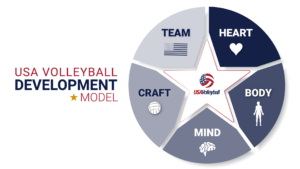
The five pillars of the USA Volleyball Development model provide the basis for a holistic approach to the core elements that are vital to supporting development at every level and across age groups.
USA Volleyball Education is committed to providing support for the volleyball community with a role-based approach to education and training. Whether you’re planning practices, cheering from the stands or making the right call, we provide the tools and resources to help you succeed.
USA Volleyball partner Sports Imports has provided USA Volleyball coaches with drills for use with their Trainer+ and The Vertec.


Two-time Olympian Christa Dietzen shares advice for current or future team captains.
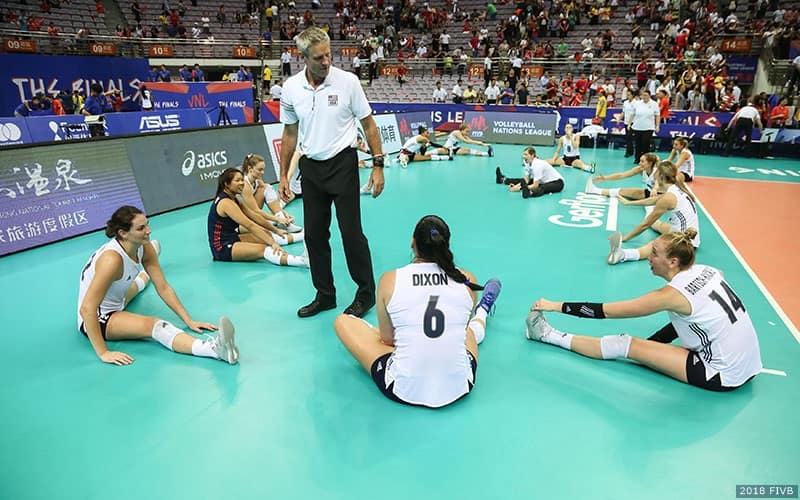
There's a difference between clocking in and clocking out, and engaging in purposeful practice.
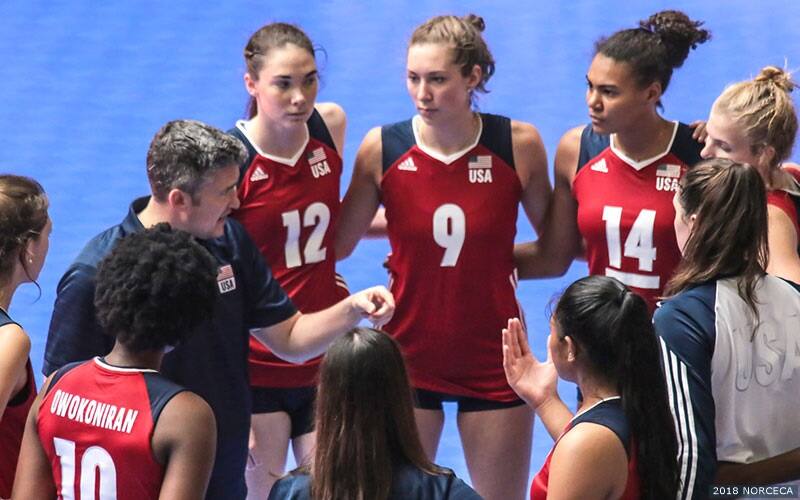
Five keys to better understanding and working with your coach
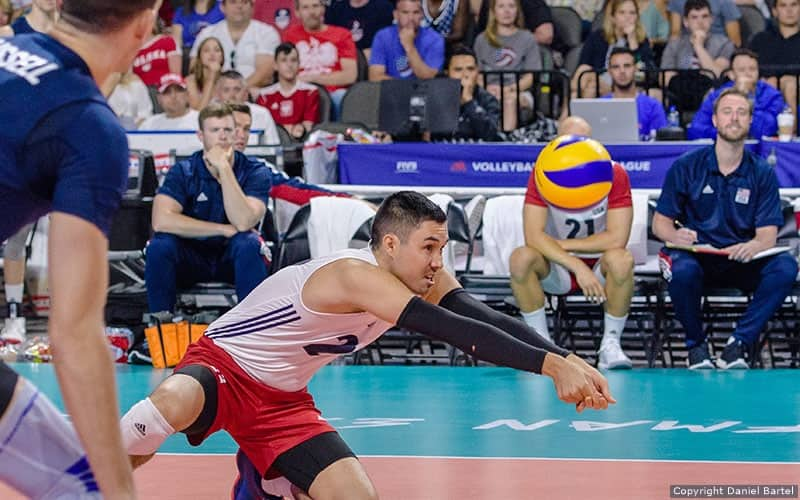
Learn from the best, with tips from Erik Shoji, Kayla Banwarth and more.
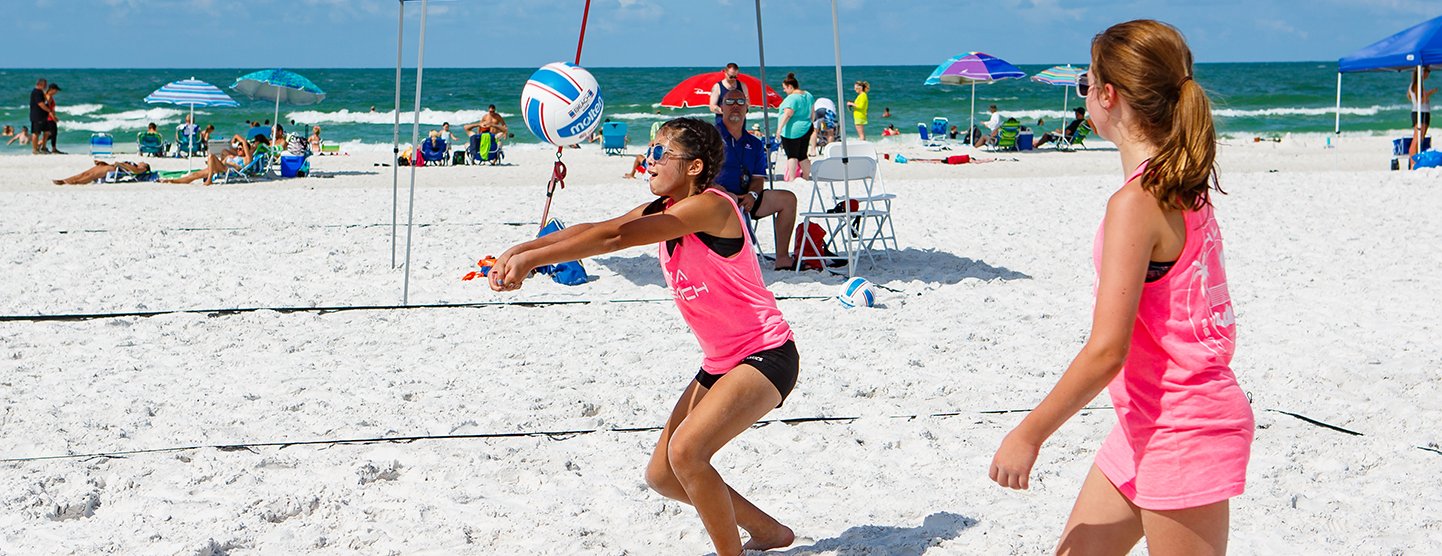
There are now opportunities stateside and around the world for juniors and pros to compete on a regular basis at all age levels. You already know the sport's highlights; how can you join the party and start a beach program?
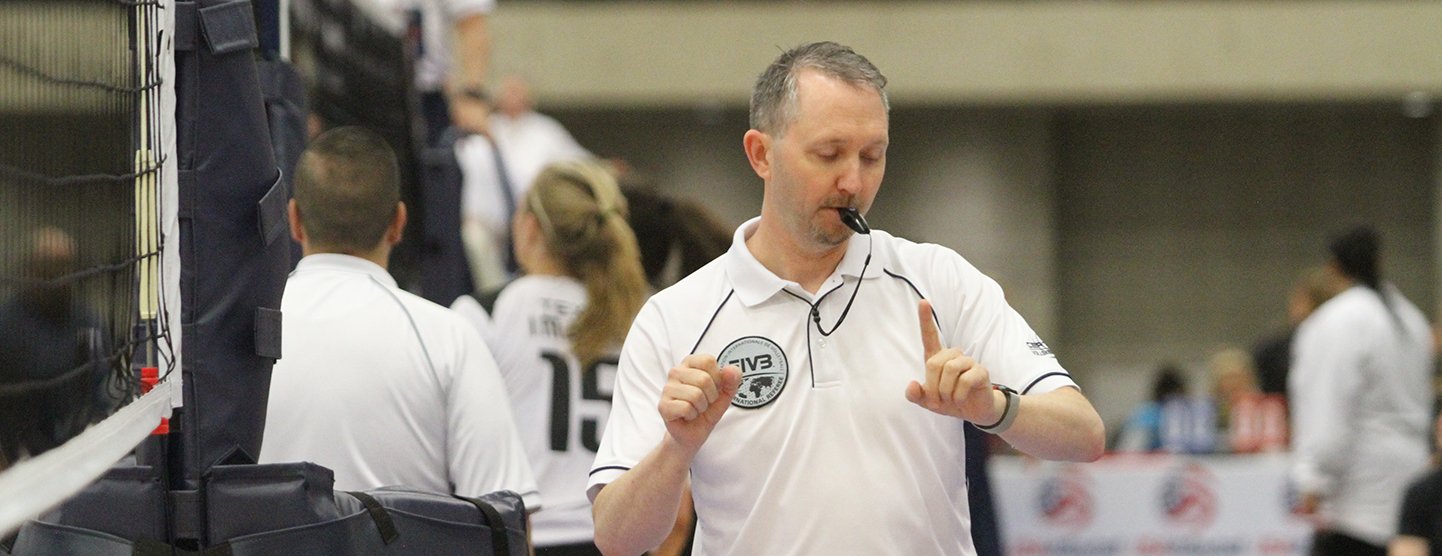
For one region within USA Volleyball, referees will now have a third colored card in their pocket for spectator issues. The Arizona Region Board of Directors approved the use of the purple card to curb parent and spectator bad behavior. This policy was adopted in August 2017.
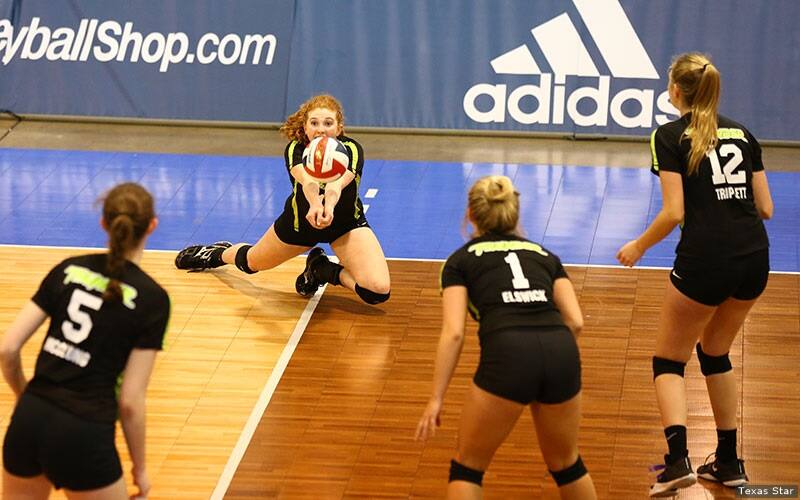
An analysis of standard practice drills and contacts per hour. Which drill is right for your goals?
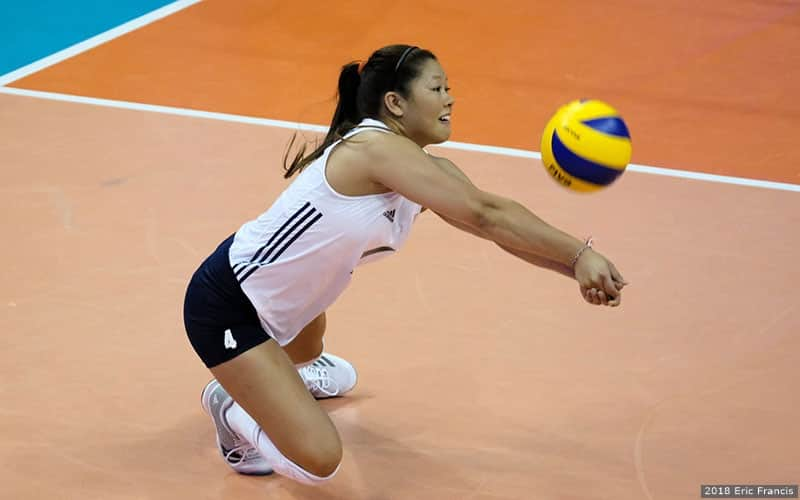
Ken Shibuya shares defensive tips he's learned from coaching athletes in across the world.
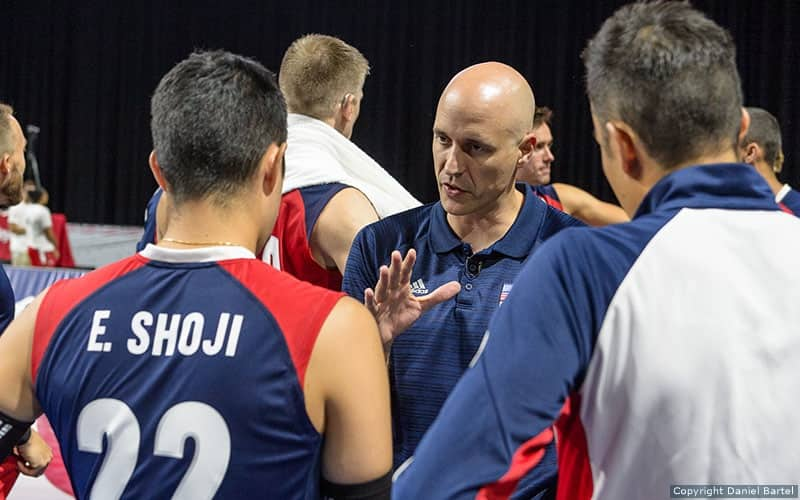
10 things you should do on the court ... from a coach's perspective
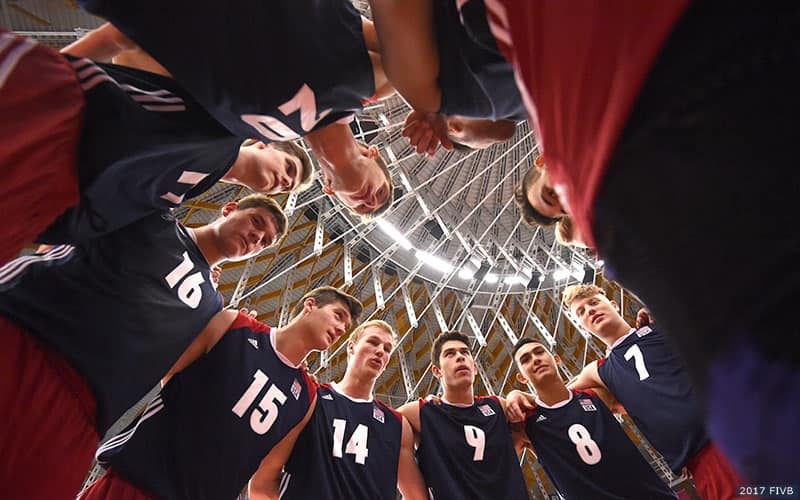
Much of our mental preparation comes just before a match starts.
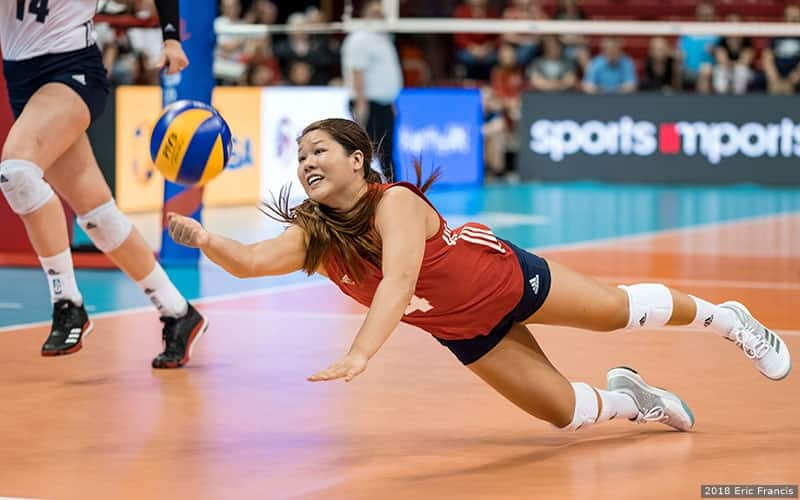
The libero's role is not limited to receiving serve, passing free balls and digging balls.
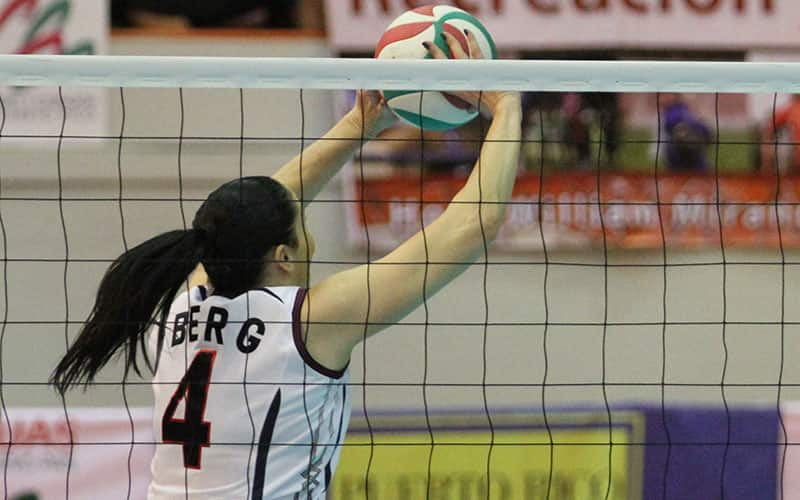
2012 Olympic silver medalist Lindsey Berg shares important points on being the best you can be.
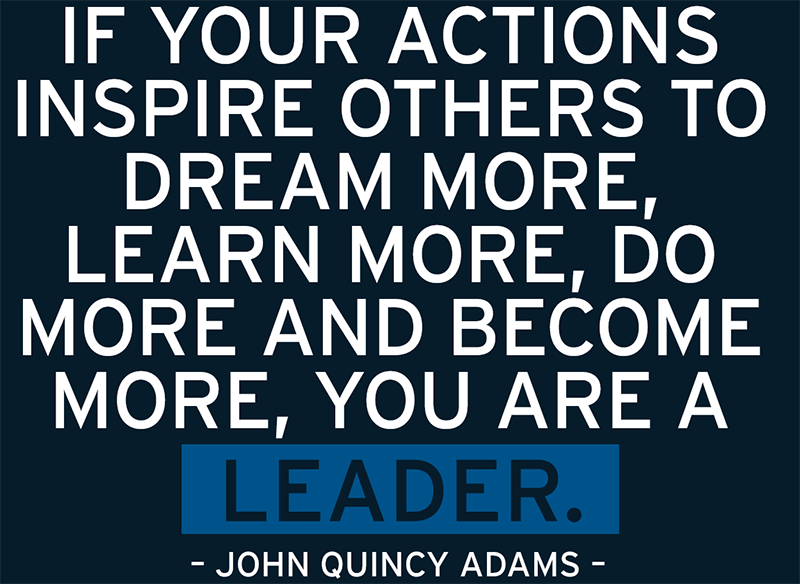
Leaders are not always born, they can be developed.

Volleyball is a unique sport in that it's both cyclic and acyclic in nature. Skills such as digging are totally random movements (acyclic). These two types of movements offer unique challenges in the prevention of injury to the volleyball player.
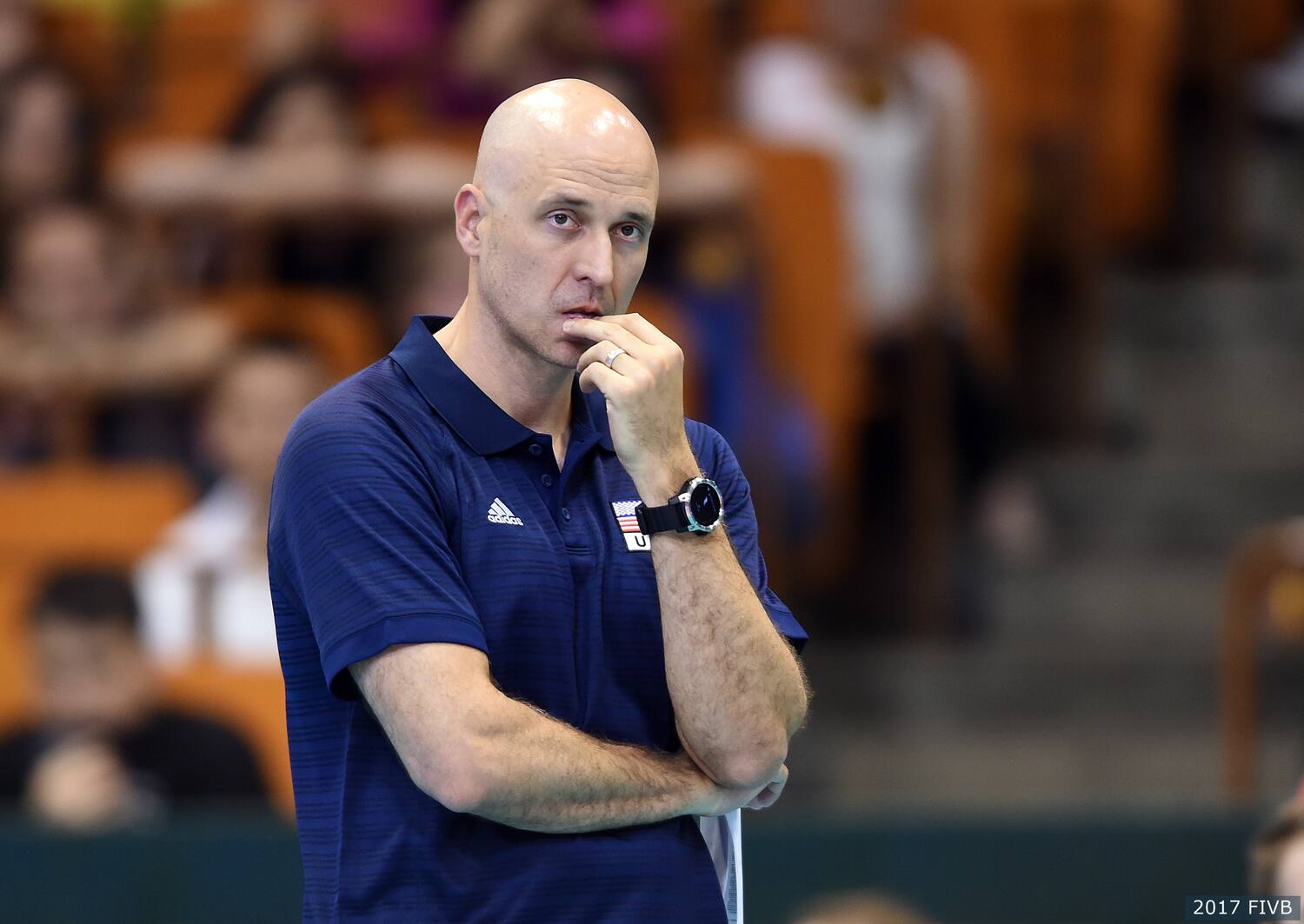
U.S. Men's National Team Head Coach John Speraw is wary of the term accountability. From his perspective it's all too often misinterpreted in a way that does more harm than good.

Beach volleyball competitions can be held on a natural beach so long as the beach is level and the sand is at least nine inches deep and free from rocks, gravel and other hazardous objects.
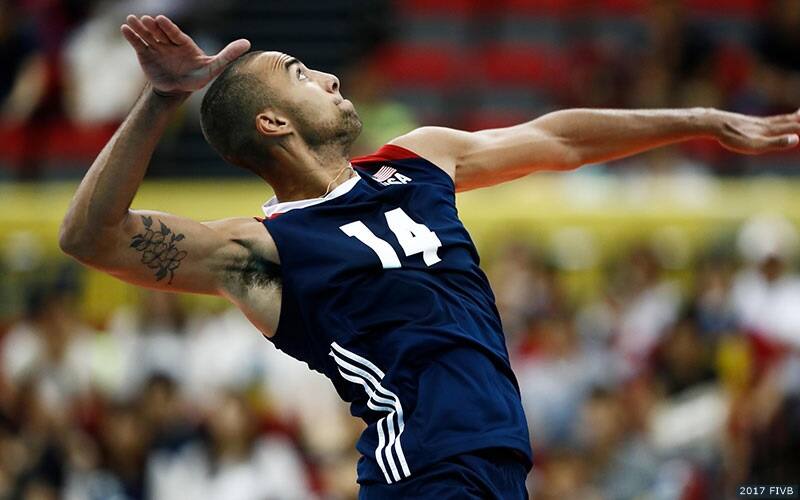
National team coaches and players weigh in on how to develop a tough, consistent jump float serve.
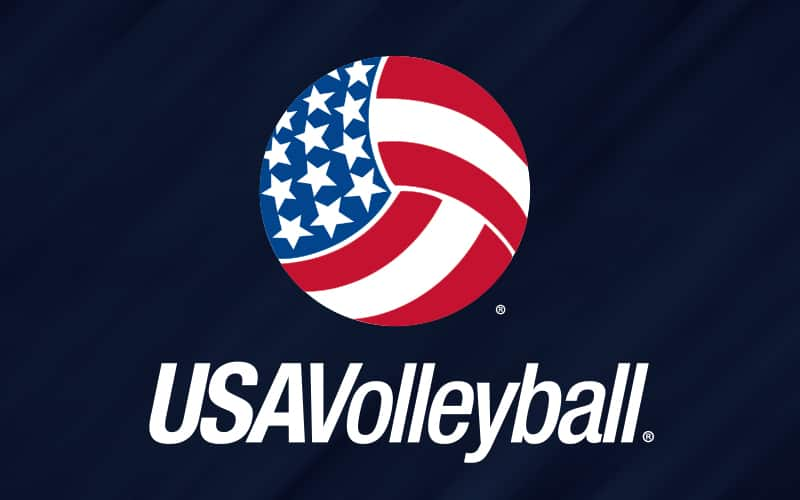
Implementing changes or adjustments based on scouting reports can be helpful. Statistics also should be used for practice planning and making adjustments between competitions.
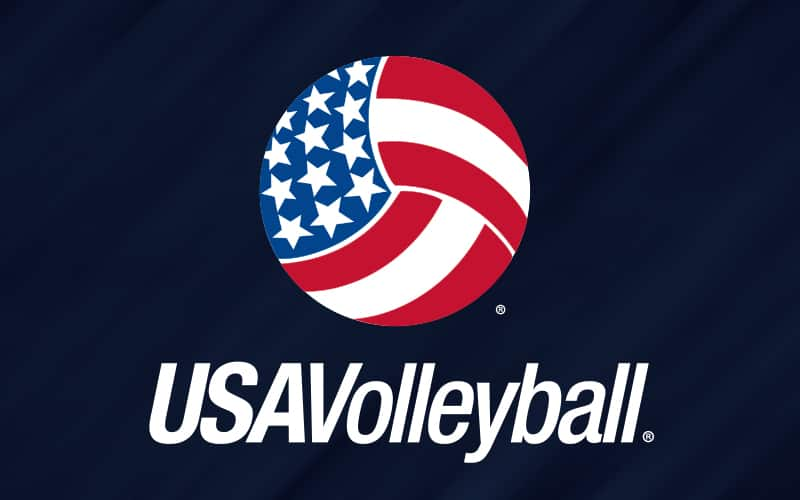
It's easy for players to remember past experiences and forget how much they liked volleyball. Even after a great season they were still done playing at the competitive level, but why?
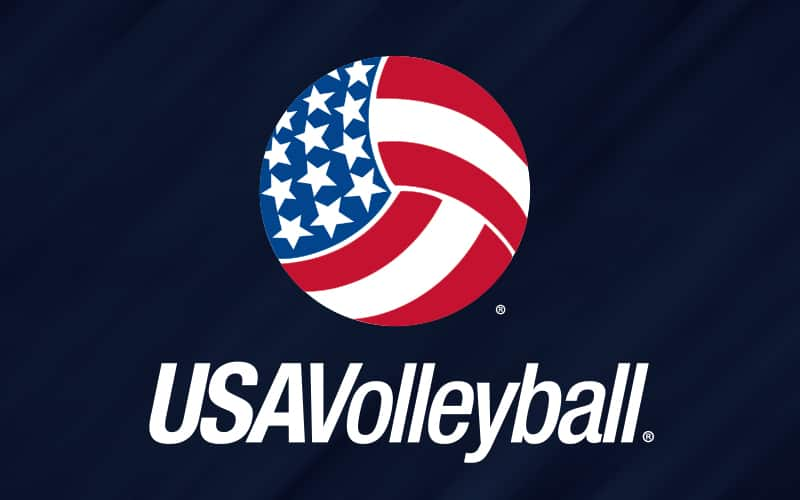
Ownership of the program by the players makes them responsible for the expectations and standards and therefore has the potential to make the program stronger